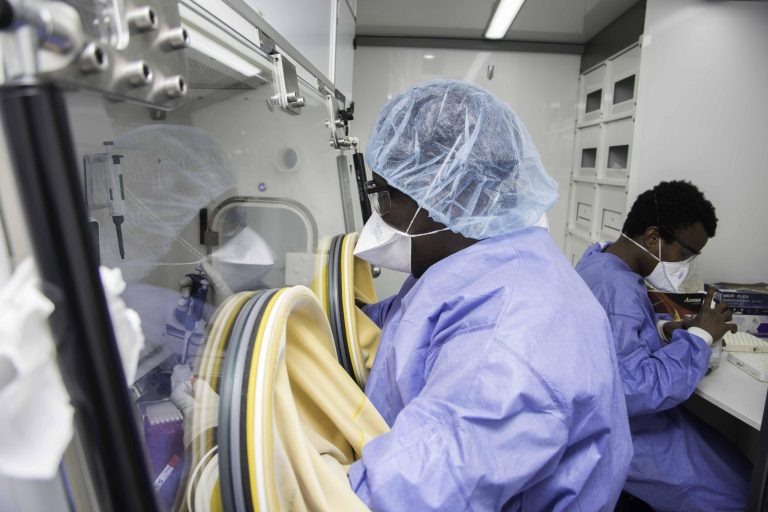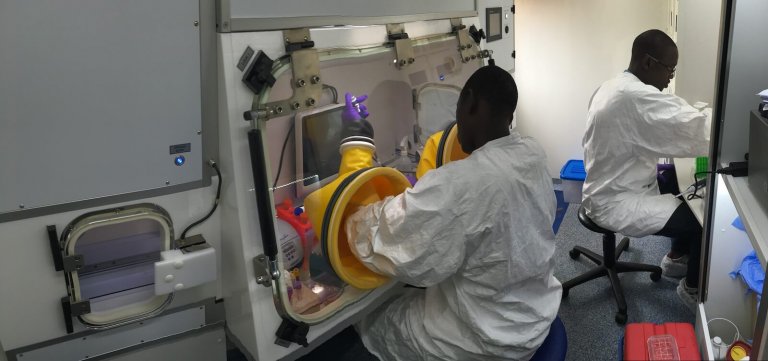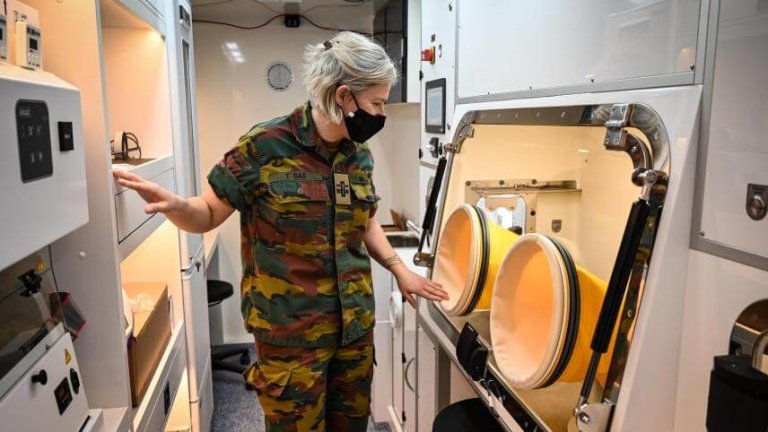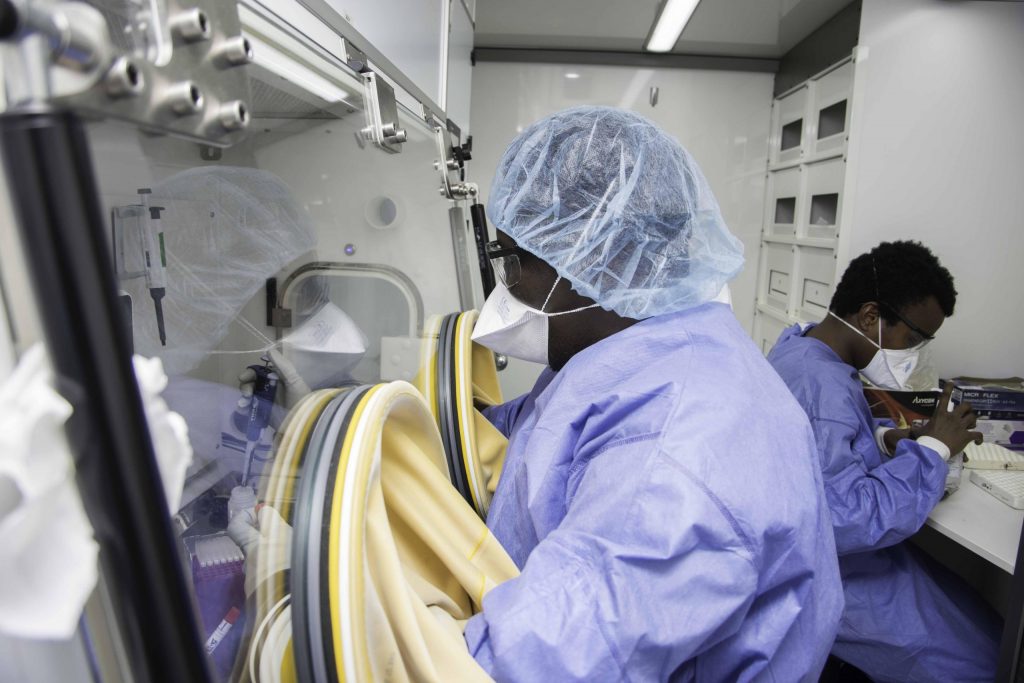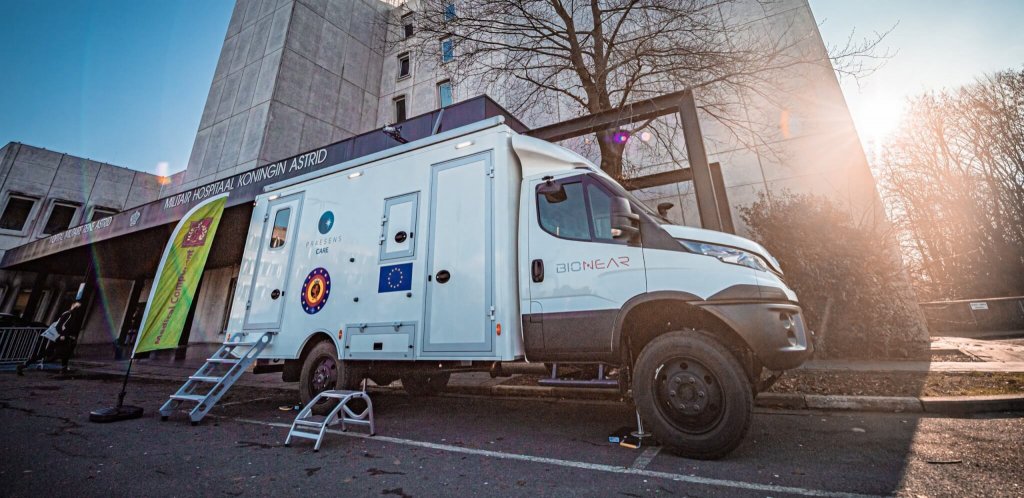
From Vision to Reality: The Industrial Solution of the Concept Presented at VivaTech 2024
At Praesens Care, we are proud to be the technology integrator for the U1stVision project, showcased as an innovative concept at the VivaTech Show. With our extensive experience in designing, building, and deploying mobile health infrastructure, we are well-equipped to turn this groundbreaking concept into a fully realized product that can transform healthcare delivery and improve lives globally.
Read the article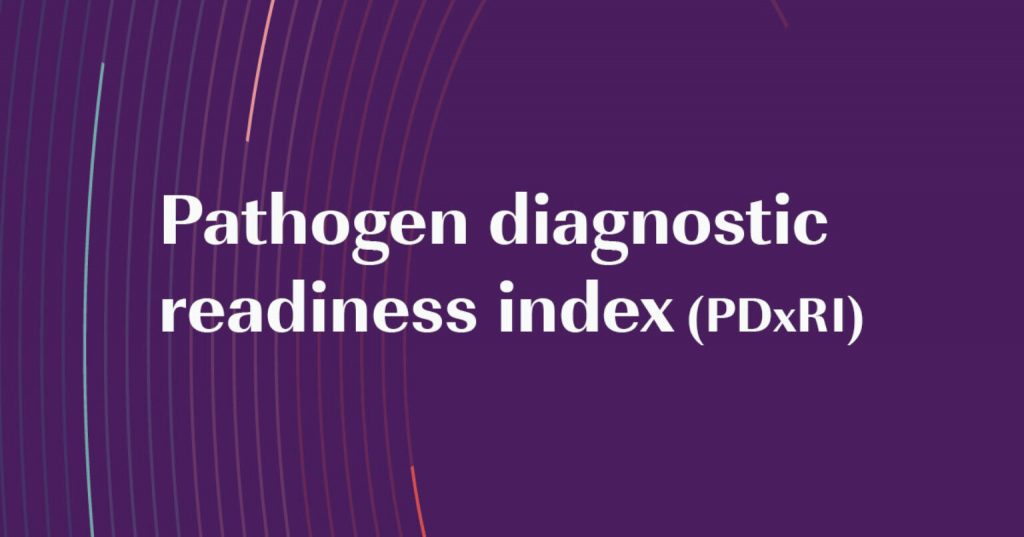
Diagnostics as the Cornerstone of Epidemic Preparedness
In today’s interconnected world, the threat of infectious disease outbreaks is more pressing than ever. Whether responding to localized epidemics or full-scale pandemics, the availability of timely and accurate diagnostic tools is essential for effective disease management. Diagnostics allow healthcare providers to detect and respond to outbreaks early, helping control the spread of diseases and ultimately eliminate them.
Read the article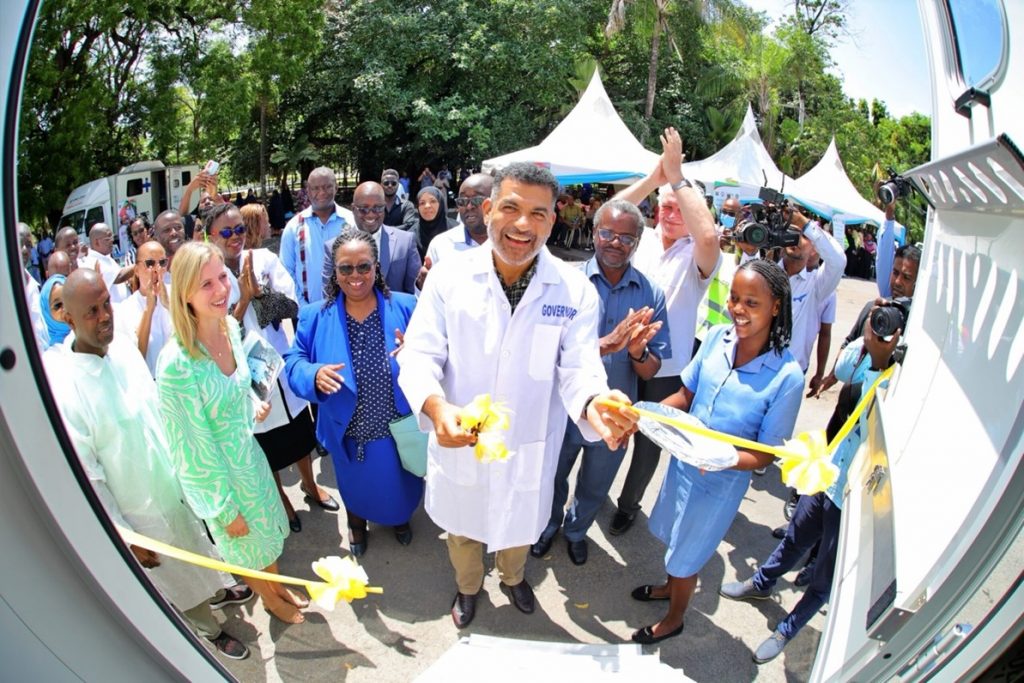
Navigating Health: Key Insights from WHO’s 2023 Essential Diagnostics List
In the realm of global health, the significance of timely and accurate diagnostics in identifying and managing diseases cannot be overstated. Recognizing this vital component, the World Health Organization (WHO) has been curating the Essential Diagnostics List (EDL) since 2018. This list acts as a beacon, guiding healthcare systems worldwide on the critical diagnostic tools necessary for effective patient care. It emerges from the collaborative efforts of experts, researchers, and healthcare professionals globally. As the healthcare landscape evolves, the EDL propels nations toward a future where accessible and precise diagnostics are cornerstones of well-functioning healthcare systems.
Praesens Care continues to leverage this crucial framework to align and expand our BIONEAR service offering, bridging the last mile and enhancing diagnostic access, always tailored to the local health landscape
Read the article
Use of BIONEAR to support routine and surveillance diagnostic services in Mombasa county
During a 4-month pilot study by Praesens Care, JKUAT, and local health authorities in Mombasa, Kenya, funded by FIND, the BIONEAR mobile medical lab was introduced to strengthen the county's healthcare system. The study showed that BIONEAR significantly improved access to diagnostic services for underserved populations, reduced testing turnaround times, and expedited patient care, leading to better health outcomes. It also reduced travel burdens for patients near facilities without diagnostic services, enhancing convenience and timely treatment. These findings highlight the potential of mobile labs to improve healthcare delivery in resource-limited settings.
Read the article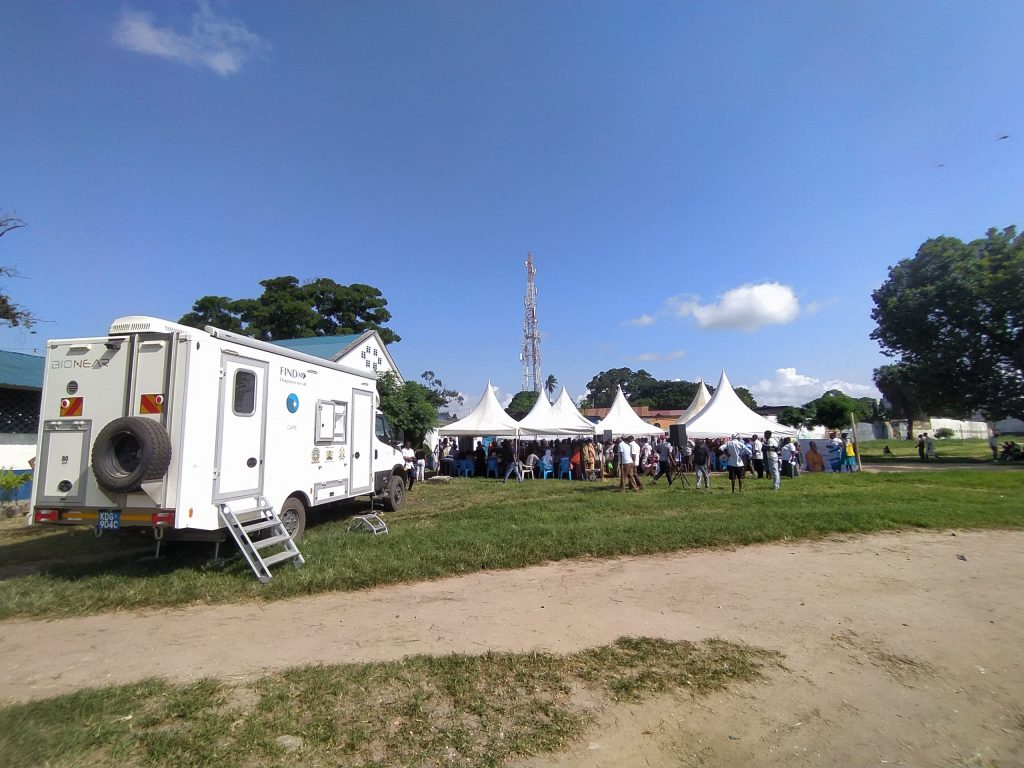
Improving access to high quality diagnostic services via Private-Public-Partnerships
Recently (2023), the World Bank and IFC (International Finance Corporation) launched a report on how PPPs (Private-Public-Partnerships) can help improve access to affordable diagnostic services in emerging markets.
In the report they share feedback from interviews with stakeholders of PPPS around the globe and lessons learned from case studies.
Read the article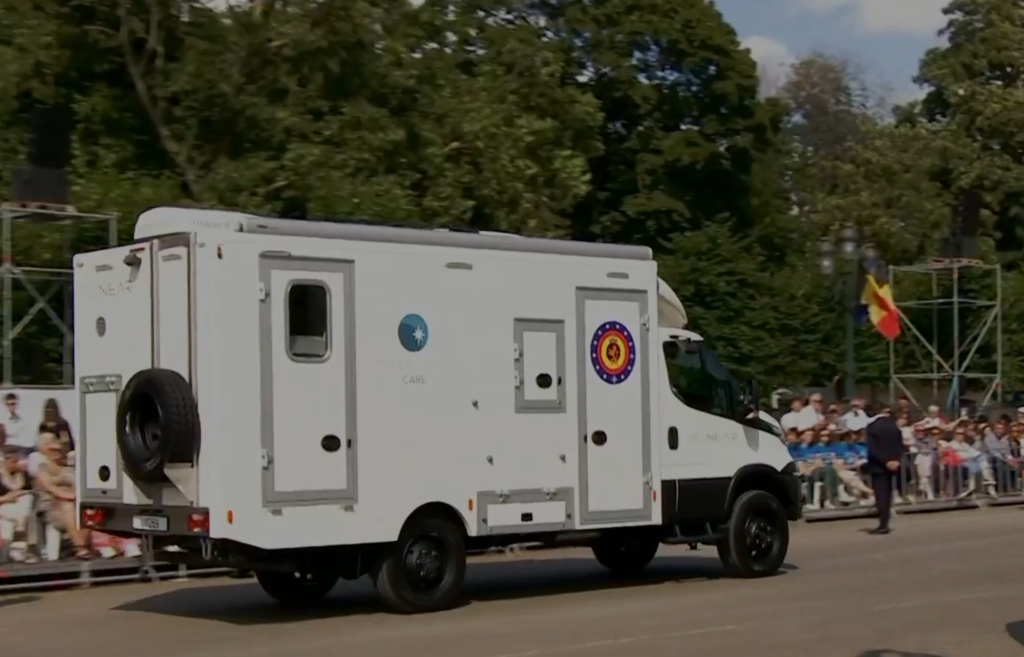
Belgian Defence's recently acquired BIONEAR partaking in the Military Parade on Belgian National Day
On the occasion of the Belgian National Day on the 21st of July, Praesens Care is proud to witness the BIONEAR took part in the Military Parade in Brussels.
Read the article
PRAESENS CARE, THE BELGIAN DEFENSE AND LHUB-ULB PROVIDE A FIRST: BIONEAR®, FIRST ISO15189 ACCREDITED MEDICAL MOBILE LAB
The Belgian Defence, the University Laboratory of Brussels (LHUB-ULB) and Praesens Care have been the very first to obtain the ISO15189 accreditation for a medical mobile lab. BELAC, the Belgian Accreditation body has audited for the first time the internationally recognized norms for fixed labs applied to a mobile lab.
Read the article
Praesens Care is finalist in the NATO INNOVATION CHALLENGE 2022
We are thrilled to announce that our RDOIT (Rapidly Deployable Outbreak Investigation Team) solution, BIONEAR®, is a finalist in the global 2022 NATO Innovation Challenge!
Read the article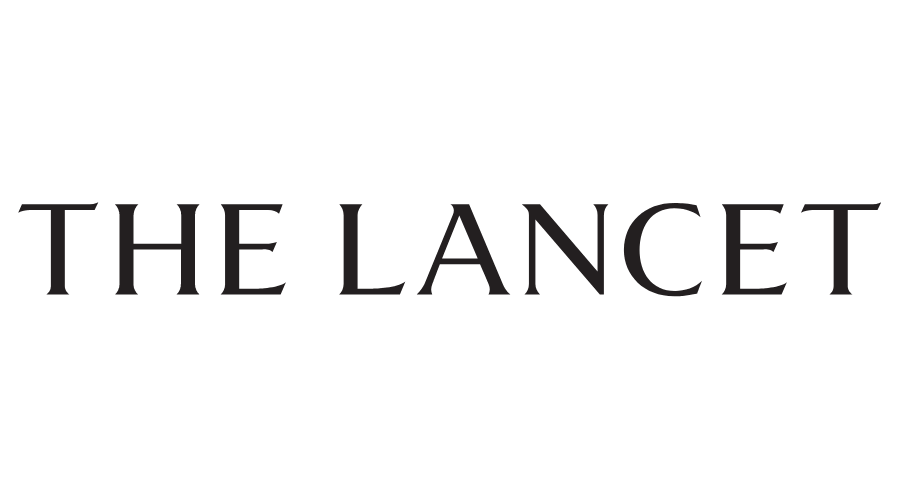
47% of the global population has little to no access to diagnostics
In October 2021, The Lancet Commission on Diagnostics launched a publication to put the spotlight on the current status of the diagnostic landscape.
Read the article